
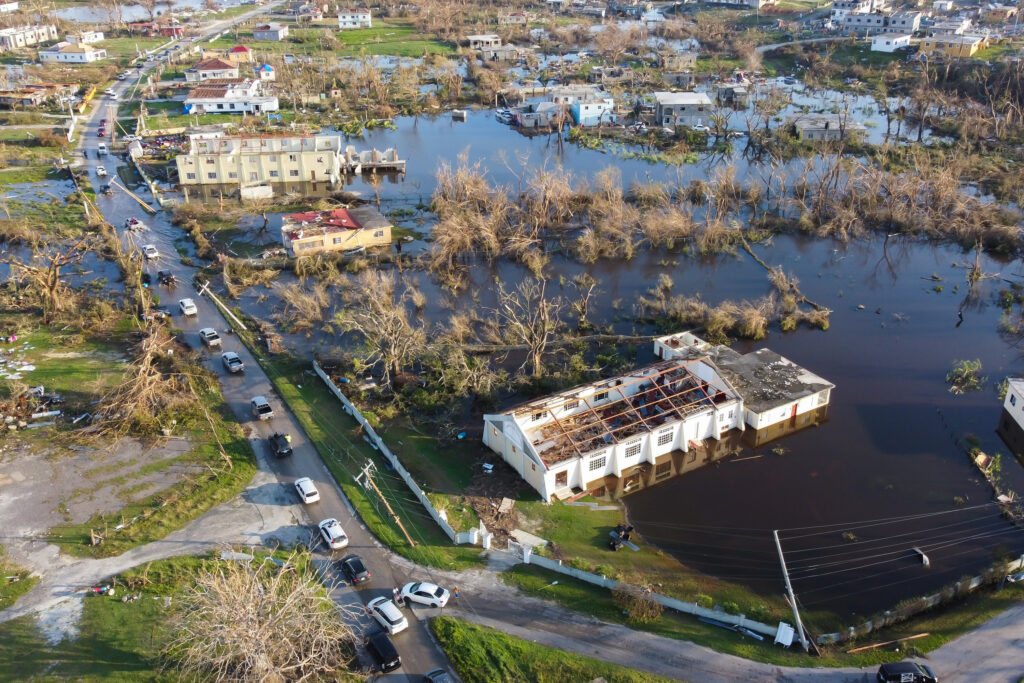
Hurricane Melissa did not merely tear through roofs, roads, schools, and livelihoods. It shook Jamaica’s confidence, exposed our long-ignored vulnerabilities, and left families emotionally exhausted, uncertain, and grieving.
For thousands, Melissa was not a weather event—it was a personal tragedy. Homes that once echoed with laughter are now shells. Businesses that carried generations of toil and pride lie waterlogged and silent. Communities that stood shoulder to shoulder felt, for a moment, abandoned and overwhelmed.
Yet, this very moment – painful, humbling, and heavy as it is – carries within it a rare national opportunity: the chance not only to rebuild, but to rebuild wisely, differently, and better than before.
Melissa has handed Jamaica a national crossroad. One path leads to “patch-up and proceed”— a return to business as usual, as if Melissa taught us nothing. The other path demands courage: to reconstruct with intention, with dignity, and with the future clearly in mind. Jamaica must choose the second path.
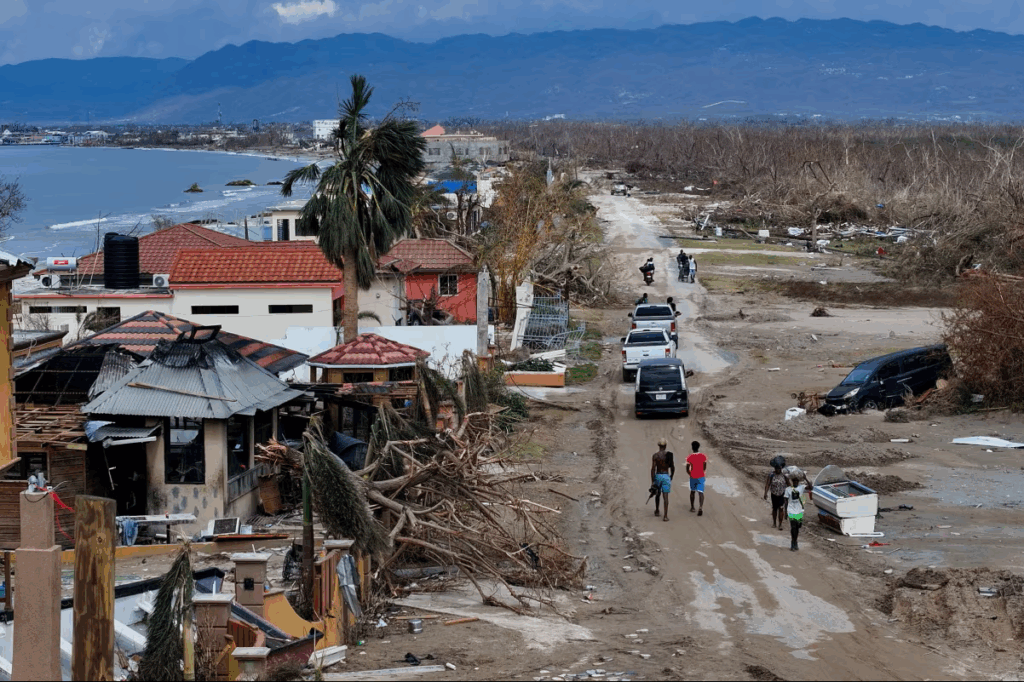
A moment for leadership, not partisanship
This recovery must not become a political football, a ribbon-cutting parade, nor a competition for credit. Jamaica will only emerge stronger if the government, opposition, local authorities, the private sector, churches, academia, Jamaican Diaspora and communities lock hands in a shared mission. Recovery is a national assignment, not a partisan project.
There is a painful truth we must acknowledge: Jamaica was not adequately prepared. We have, for decades, underinvested in resilience, community systems, environmental protection, electrical grid modernisation, emergency shelters, urban planning, and scientific forecasting capacity. The price of those omissions is now carved into our coastlines and our hearts.
The measure of our leadership now will not be in words of sympathy, but in bold, coordinated action that restores as much normalcy as possible to people’s lives—while accepting that complete national recovery will take far longer than fifteen months.
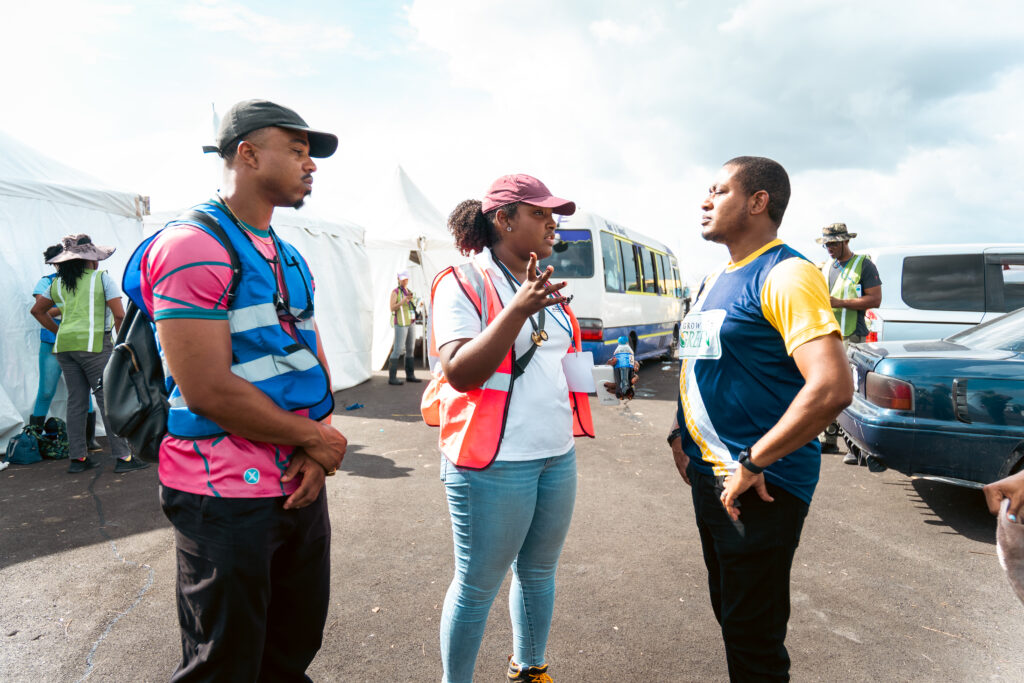
Why Black River must become the flagship of Jamaica’s renewal
Among the many towns damaged, Black River stands uniquely positioned to become the national demonstration site – the symbol of Jamaica’s rebirth.
Black River is one of our oldest towns of elegance, enterprise, science, and firsts: electrification, motor vehicles, cinema, trade, and progressive civic life. It carries a legacy of outward-looking innovation that must not be allowed to fade. Its river, coastline, mangroves, and wetlands form a priceless natural defence system and ecological treasure—one which Melissa has reminded us is fragile.
To rebuild Black River in the same way it was before would be a national mistake. Instead, we must renew it in a way that honours its heritage, restores its ecological lifeblood, repairs dignity and livelihoods, and prepares it for a climate-volatile future.
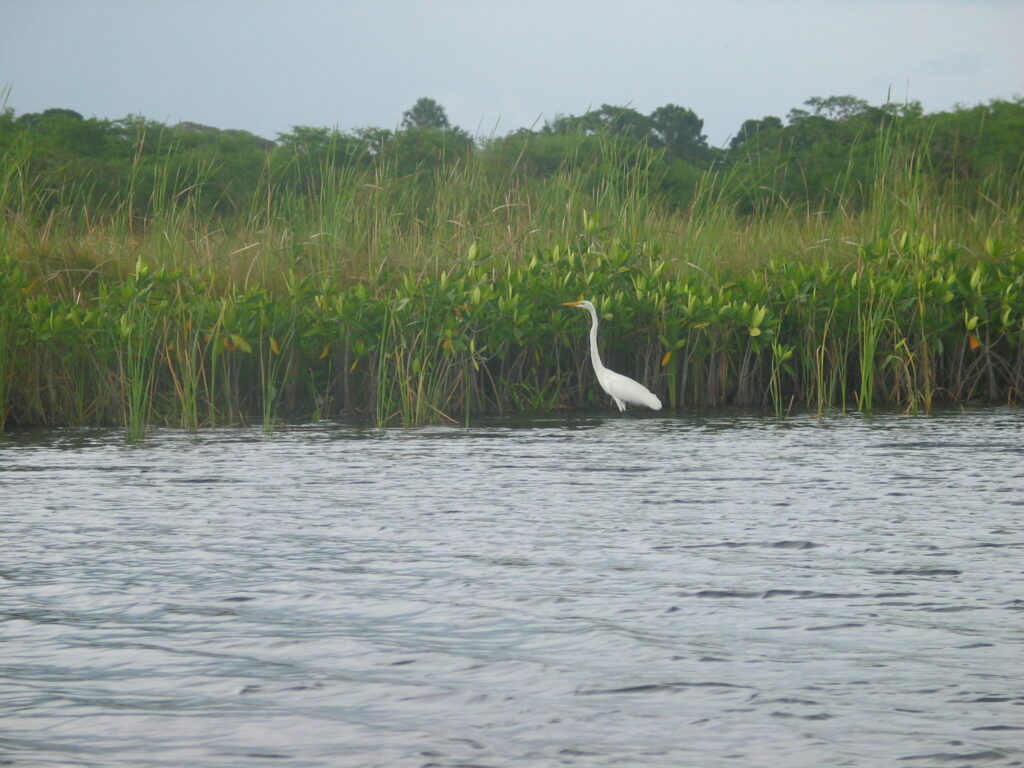
This is why the government is encouraged to designate approximately 10 per cent of the township as a climate-smart, culturally anchored, people-centred demonstration zone:
The Villa Verde Zone of Old Black River (VVZ-OBR)
This zone will not be a playground for elites nor a sterile “green tech exhibition.” It must be a living model of heritage restored with Jamaican elegance and authenticity; ecology and mangroves rehabilitated for protection and education; scientific learning and climate adaptation at the community level; small business revival, youth jobs, training, and entrepreneurship; and safe, beautiful, climate-resilient living for ordinary Jamaicans.

The VVZ-OBR must feel like “Old Black River reborn”; familiar yet forward-looking, respectful of culture, anchored in nature, and worthy of national pride.
If built with humility, integrity and community ownership, this model can be replicated in Port Maria, Port Royal, Savanna-la-Mar, Annotto Bay, Rocky Point, and other vulnerable coastal towns across western Jamaica.
A new governance mechanism: Competent, clean and above politics
Hurricane Melissa’s recovery must be executed by a body with teeth, transparency, professional competence, and insulation from political manipulation and procurement corruption.
It is therefore proposed that the Government of Jamaica establish a National Melissa Recovery & Resilience Commission (NMRRC).
Core features of the NMRRC
- Independent yet accountable to Parliament, not a ministry.
- Chaired by a respected Jamaican of impeccable integrity and non-partisan record.
- Comprised of professionals, not political loyalists:
- Urban planners
- Civil engineers & architects
- Environmental & climate scientists
- Disaster management experts
- Public finance specialists
- Social recovery & trauma professionals
- Energy and infrastructure experts
- Community development leaders
- Communications and behavioural-change practitioners
- Mandated to report publicly every 90 days.
- Empowered to second technical talent from UWI, UTech, ODPEM, PIOJ, PAJ, JPS, JN, JHTA, PSOJ, and the diaspora.
- Full compliance with Integrity Commission procurement rules, with criminal penalties for breaches.
The NMRRC would coordinate with ministries, local authorities, and private sector partners, but must not be captive to them. Its legitimacy must sit on merit, service, patriotic duty, and public trust.
A national ethic of restoration and dignity
Recovery is not only infrastructure. It is healing, belonging, and restoring dignity.
Within the first three months, people must see schools reopening reliably, clinics functioning, electricity returning with stability and micro-grid resilience, housing repairs advancing with transparency, counselling and community rebuilding activities underway, and small businesses receiving lifelines, not bureaucratic barriers
Jamaicans must feel that their Government is walking with them in the mud, not observing from platforms.
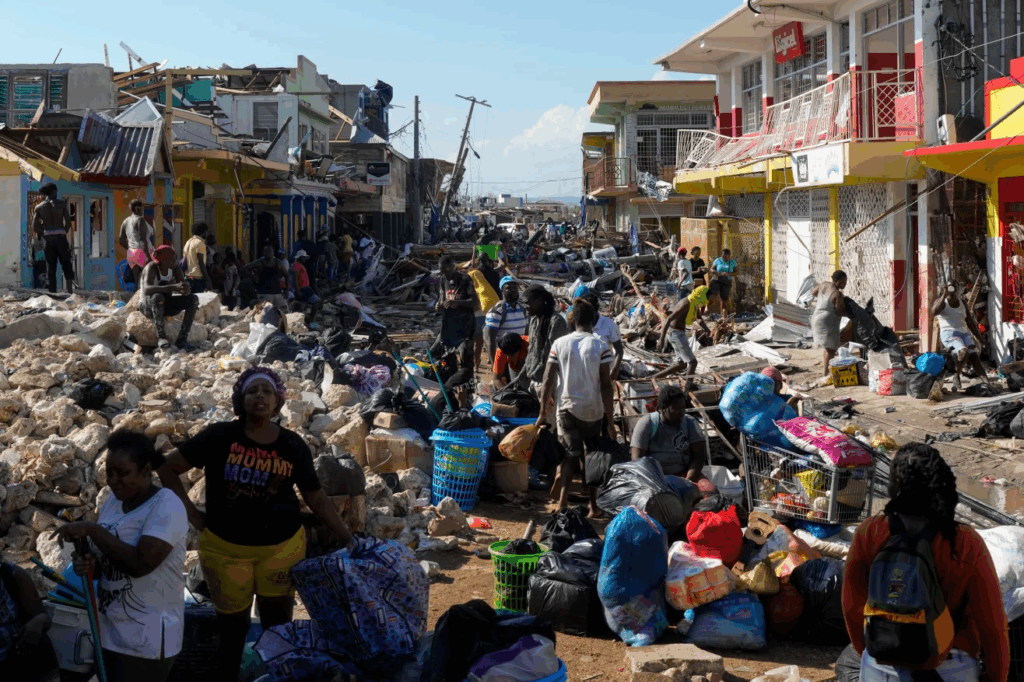
Rebuilding must mean transforming
If we rebuild the same vulnerabilities, Melissa will have been in vain. The following seven principles should guide every recovery decision:
- People first – Families, schools, health, housing, livelihoods.
- Resilience, not replacement – Build for the next 50 years, not the last 20.
- Local economy renewal – Keep jobs, contracts, and ownership local where possible.
- Culture and heritage – Respect the soul of communities during reconstruction.
- Nature as ally – Restore mangroves, wetlands, and rivers as nation-protecting assets.
- Transparency and merit – Competence and honesty over party affiliation.
- Youth at the centre – Engage young Jamaicans as builders of the Jamaica to come.

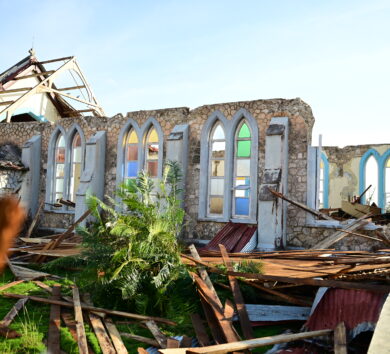
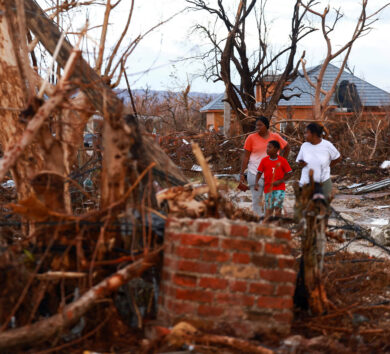
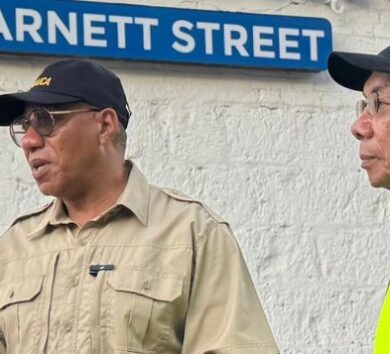
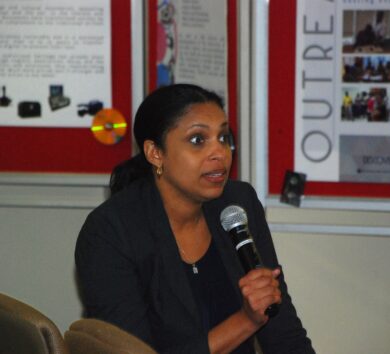
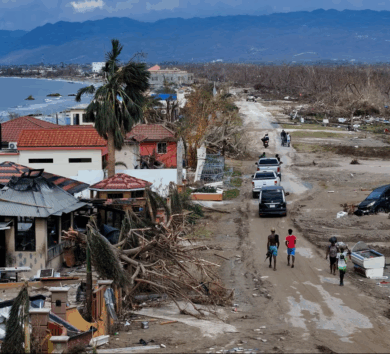

Comments